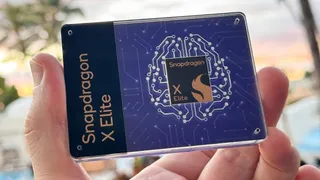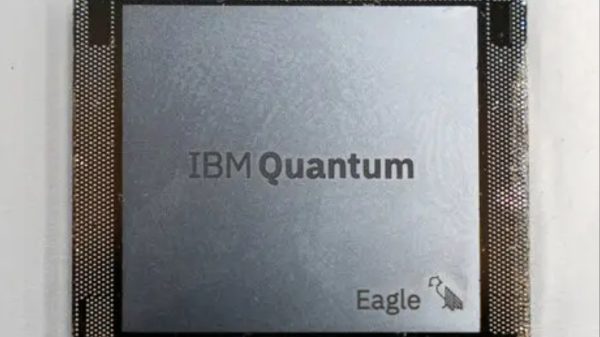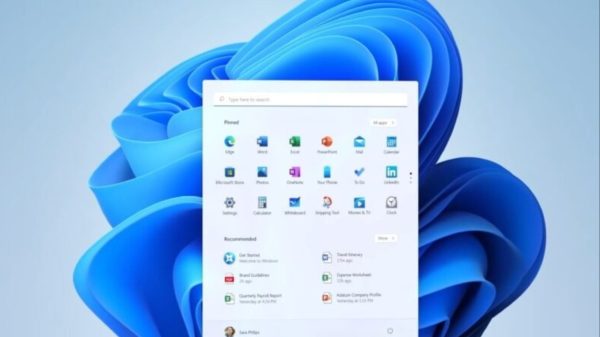Qualcomm, the renowned technology company, has been making big claims about its newly developed Snapdragon X Elite PC chip, which is expected to hit the market in mid-2024. The chip, which features Qualcomm’s Oyron CPU, has been benchmarked against Apple’s M2 Max chip, and the results are impressive. Qualcomm is claiming that its chip can match the peak performance of the M2 Max using 30% less power, a significant advantage in energy efficiency.
However, since Qualcomm announced the chip in October, Apple has released its M3 series chips and accompanying laptops. Qualcomm has compared its Oyron CPU to the new M3 chip, claiming that it outperforms the leading ARM-compatible competitor for single-threaded CPU performance. Additionally, Qualcomm says the Oyron chip is 21% faster than the M3 in multi-core performance, a bold claim that has generated a lot of buzz in the tech community.
When asked about the potential differences in software experiences between the two chips, Sascha Segan, senior public relations manager at Qualcomm, noted that while there may be differences in the user experience, the hardware remains a consistent metric. “The experience is not going to be the same because they’re running macOS and we’re running Windows, but in terms of hardware, which is the only thing we can control, it’s good hardware,” he said.
Qualcomm’s Oyron CPU has also been touted as faster than the leading x86 CPU on the market. However, Intel has since released its latest 14th-gen Meteor Lake processors, which offer impressive integrated graphics and AI capabilities. Qualcomm has not yet had the chance to compare its chip to Intel’s new series, but it’s clear that the competition is heating up.

Qualcomm’s Snapdragon X Elite Chip
Despite the competition, Qualcomm is confident that its Snapdragon X Elite chip will offer significant performance advantages and long-rumored on-device AI capabilities. In fact, Qualcomm has had staff members using unbranded reference devices internally, and reviews have been positive, highlighting not only the performance improvements but also the new AI features.
For consumers, the news is exciting. Qualcomm-powered PCs are expected to arrive in mid-2024 from vendors such as Acer, Asus, Dell, HP, Honor, Lenovo, Microsoft Surface, Samsung, and Mi. Qualcomm is advising consumers to hold off on purchasing laptops until the new chips are available, promising significant performance enhancements and new AI capabilities.
As the tech world waits with bated breath to see if Qualcomm’s big claims live up to the hype, it’s clear that the competition is about to get a whole lot more interesting. With multiple chip manufacturers vying for dominance, consumers are likely to benefit from the increased competition and innovation. As always, the key will be to wait and see how the chips perform in real-world scenarios before making a purchasing decision.









































